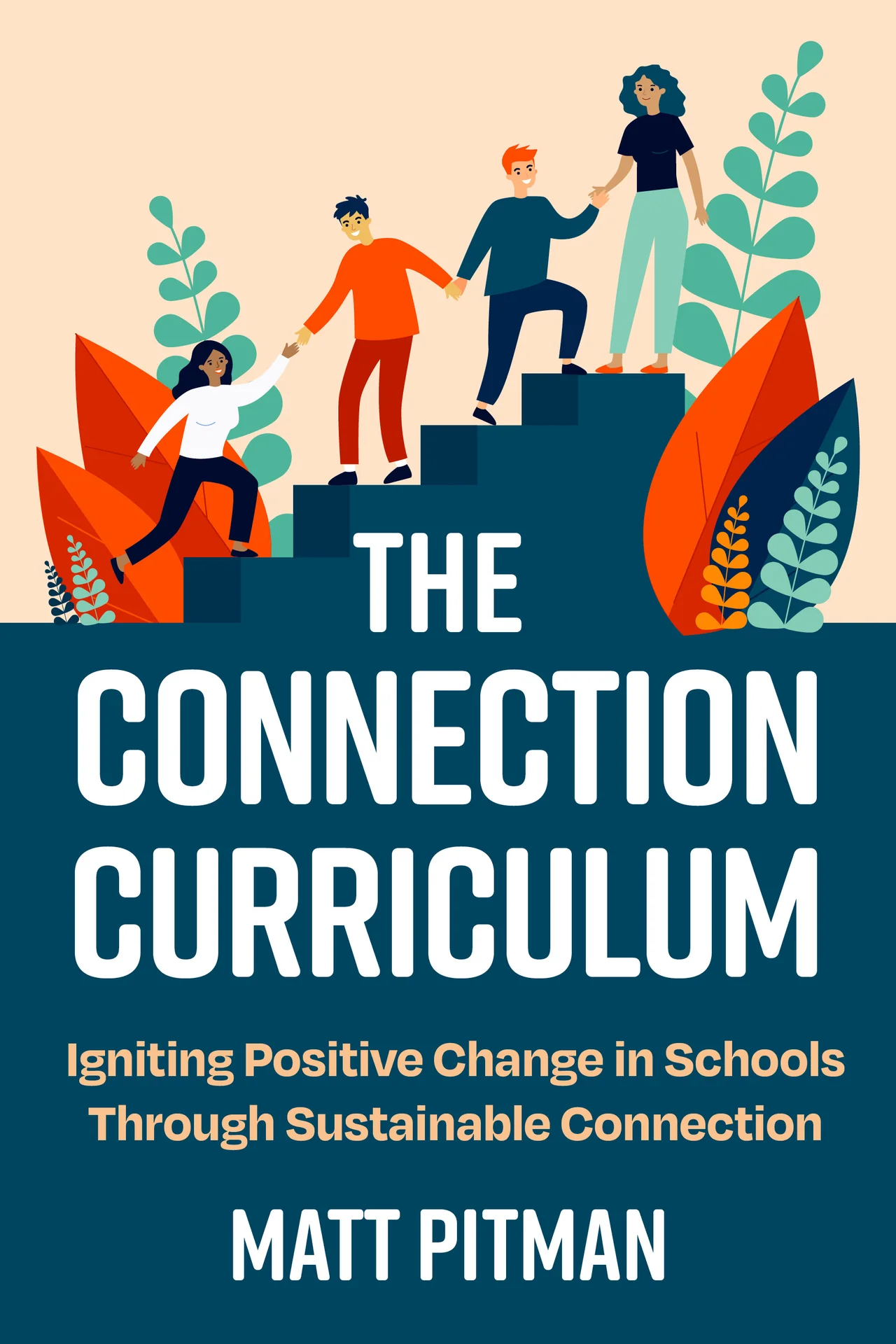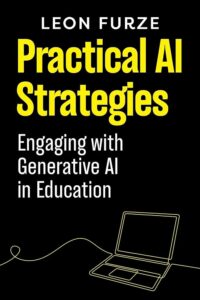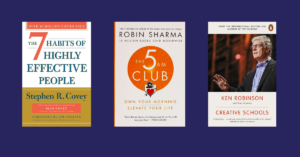Matt Pitman’s “The Connection Curriculum” addresses a current issue in education: the crisis of connectedness in schools. Pitman argues that playing it safe and prioritising academic achievements over genuine human connections is detrimental to both students and the educational community as a whole. He suggests that a shift towards fostering sustainable connections is necessary to create a thriving school environment.
Pitman begins by unpacking the concept of connection, challenging common misunderstandings of what it truly means. He highlights the foundational role of relationships in building connection while emphasising that relationships alone are not enough. Genuine connection requires continuous effort and reflection, which can be challenging but is ultimately rewarding.
Throughout the book, Pitman provides practical guidelines for educators to develop and maintain sustainable connections within their schools by focusing on building relationships, fostering community belonging, and encouraging student voice.
Pitman also addresses the long-term sustainability of connection initiatives. He underscores the importance of reflection and adaptation in maintaining a connected school environment.
My key takeaway from the book was Pitman’s encouraging advice for us educators to take risks, embrace vulnerability, and engage in continuous improvement to ensure lasting change. This is a message I have been advocating strongly in my current school, where we are working on developing a forward-thinking educational community.
“The Connection Curriculum” is a valuable resource for educators seeking to create more connected and supportive school environments. Pitman’s practical advice and comprehensive framework provide a roadmap for fostering sustainable connections that benefit students, teachers, and the wider community. By prioritising human connections, embracing reflection, and empowering students, schools can ignite positive change and create a thriving educational experience. This book is a must-read for any educator committed to building a more connected and compassionate school community.





